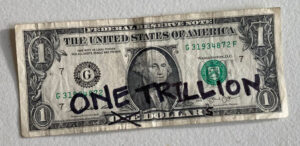 What the heck does Biden want to spend all this money on?
What the heck does Biden want to spend all this money on?
P&C drink and review Candy Cane Imperial Stout, then discuss Joe Biden’s $3.5 trillion spending spree, and wonder what we get out of it.
Right now, Congress is working on two bills. The first is the “good bill” — the “build back better” bill, which allegedly focuses on infrastructure, and has a hefty price tag on its own. The second is the social spending bill, which dwarfs the infrastructure bill and blows the roof off federal spending.
The boys try to dig into the details and find out what Biden and company are trying to buy.
 P&C drink and review a homebrewed porter, then discuss how to destroy America.
P&C drink and review a homebrewed porter, then discuss how to destroy America.  P&C drink and review Crowhill’s Tavern Ale, then discuss a local story that went national. The Flashman Incident.
P&C drink and review Crowhill’s Tavern Ale, then discuss a local story that went national. The Flashman Incident. 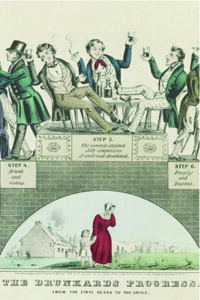
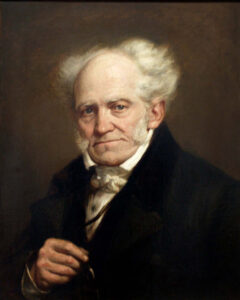 P&C welcome the Ben Franklin Players, who perform a skit called “Schopenhauer’s Evangelist.” Then they drink and review Cigar City’s Margarita Gose.
P&C welcome the Ben Franklin Players, who perform a skit called “Schopenhauer’s Evangelist.” Then they drink and review Cigar City’s Margarita Gose. 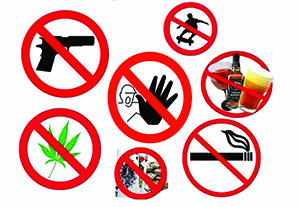 P&C review a Maibock, then ask at what point has the government gone too far in trying to protect us?
P&C review a Maibock, then ask at what point has the government gone too far in trying to protect us? 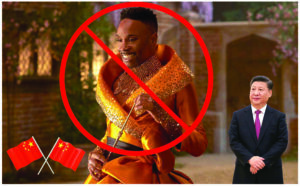 P&C drink and review “Slightly Mighty” by Dogfish Head, then review China’s recent crackdowns on video games and effeminate men in movies.
P&C drink and review “Slightly Mighty” by Dogfish Head, then review China’s recent crackdowns on video games and effeminate men in movies. P&C drink and review DuClaw’s Root Beer Float Imperial Brown Ale — part of their Pastryarchy series — then discuss the right to privacy. What is it, where did it come from, and what are its limits?
P&C drink and review DuClaw’s Root Beer Float Imperial Brown Ale — part of their Pastryarchy series — then discuss the right to privacy. What is it, where did it come from, and what are its limits? 
 With special guest Longinus, P&C drink and review
With special guest Longinus, P&C drink and review 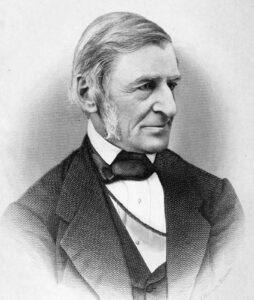 P&C drink and review
P&C drink and review 